Your immune system is your body’s first line of defense against illness, infection, and disease. A strong immune system isn’t just about avoiding colds—it’s about keeping your body functioning at its best every day. While genetics and lifestyle play a role, the food you eat is one of the most powerful tools you have to strengthen your immune system naturally.
Here are 15 scientifically backed foods that help support a strong, healthy immune response. Adding them to your diet can help you feel more energetic, fight off sickness more effectively, and recover faster when you do fall ill.
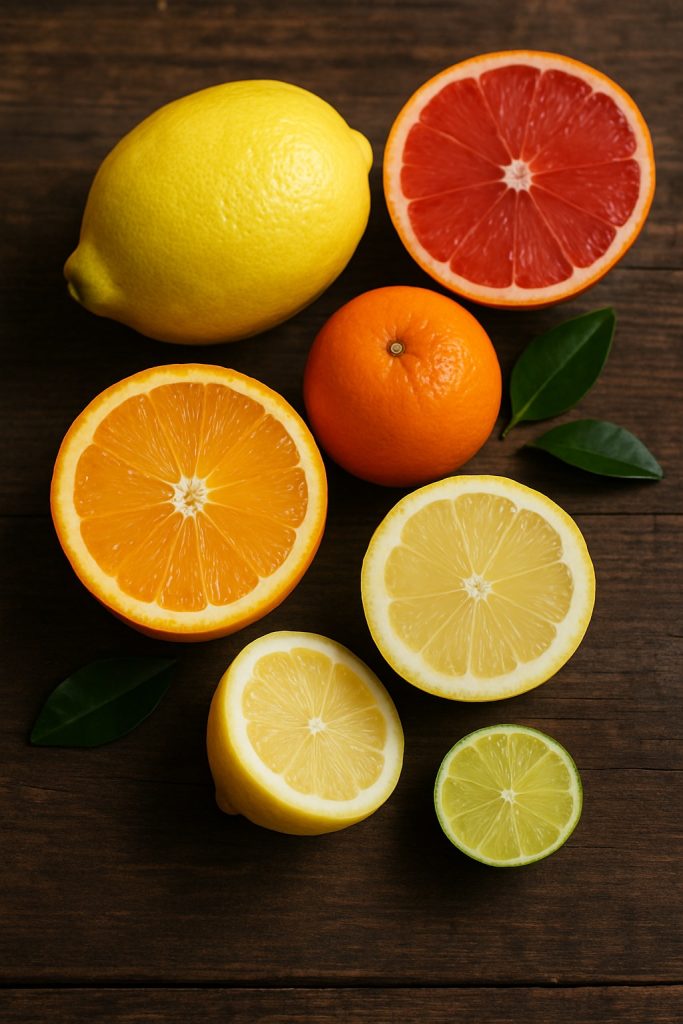
1. Citrus Fruits
Why they’re powerful: Citrus fruits like oranges, lemons, grapefruits, and limes are well known for their high vitamin C content. Vitamin C helps increase the production of white blood cells—your body’s main infection-fighting agents.
How to enjoy them: Drink warm lemon water in the morning, snack on tangerines, or toss orange slices into your salad.
2. Broccoli
Why it matters: Broccoli is a nutritional powerhouse loaded with vitamins A, C, and E, plus fiber and antioxidants. These nutrients are essential for maintaining healthy cells and protecting them from damage.
How to prepare: Lightly steam to retain its nutrients, or sauté with olive oil and garlic for a simple, immune-supportive side dish.
3. Garlic
Why it helps: Garlic contains allicin, a sulfur compound with powerful immune-boosting and anti-inflammatory properties. It’s been used for centuries to fight infections.
How to use it: Chop raw garlic into salad dressings, cook it in soups, or roast it with vegetables to mellow the flavor.
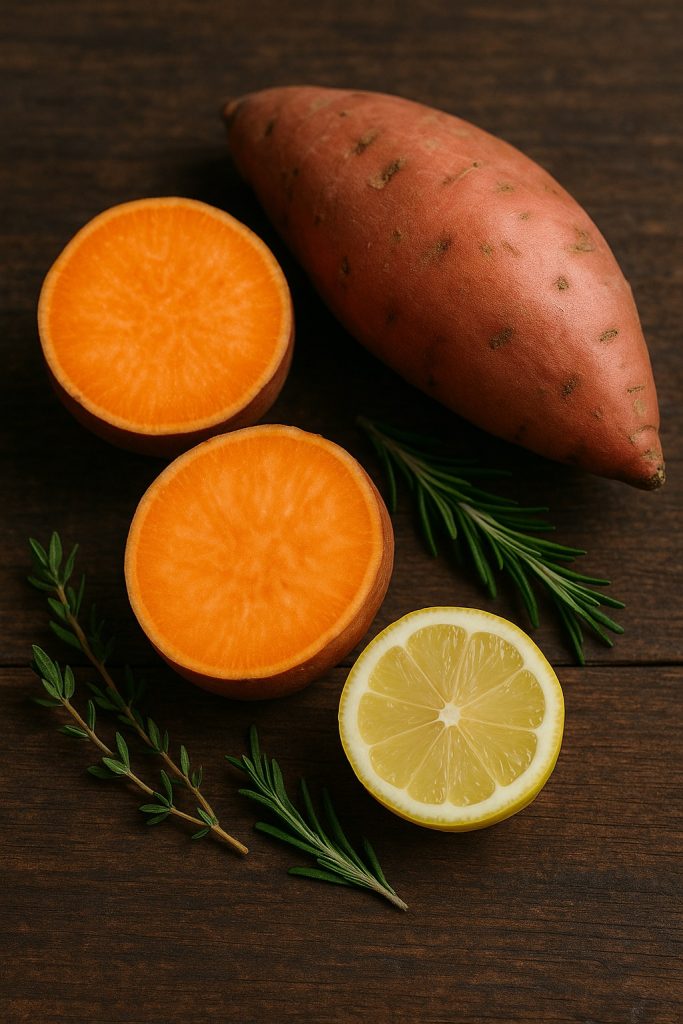
4. Sweet Potatoes
Immune benefits: Sweet potatoes are rich in beta-carotene, which the body converts into vitamin A. Vitamin A plays a key role in maintaining the health of your skin and respiratory system—both important in warding off pathogens.
How to eat them: Roast sweet potato wedges, mash them with herbs, or use them as a base for a grain bowl.
5. Yogurt
What it does: Yogurt contains probiotics—live, healthy bacteria that support gut health. Since roughly 70% of the immune system is housed in your gut, keeping it balanced is crucial.
How to enjoy: Opt for plain, unsweetened yogurt and top it with fruit, honey, or nuts. You can also blend it into smoothies for a probiotic boost.
6. Eggs
Immune support: Eggs are a great source of protein, vitamin B12, and selenium, all of which help your immune system produce healthy cells.
Easy ideas: Hard-boiled for a snack, scrambled for breakfast, or poached over avocado toast.
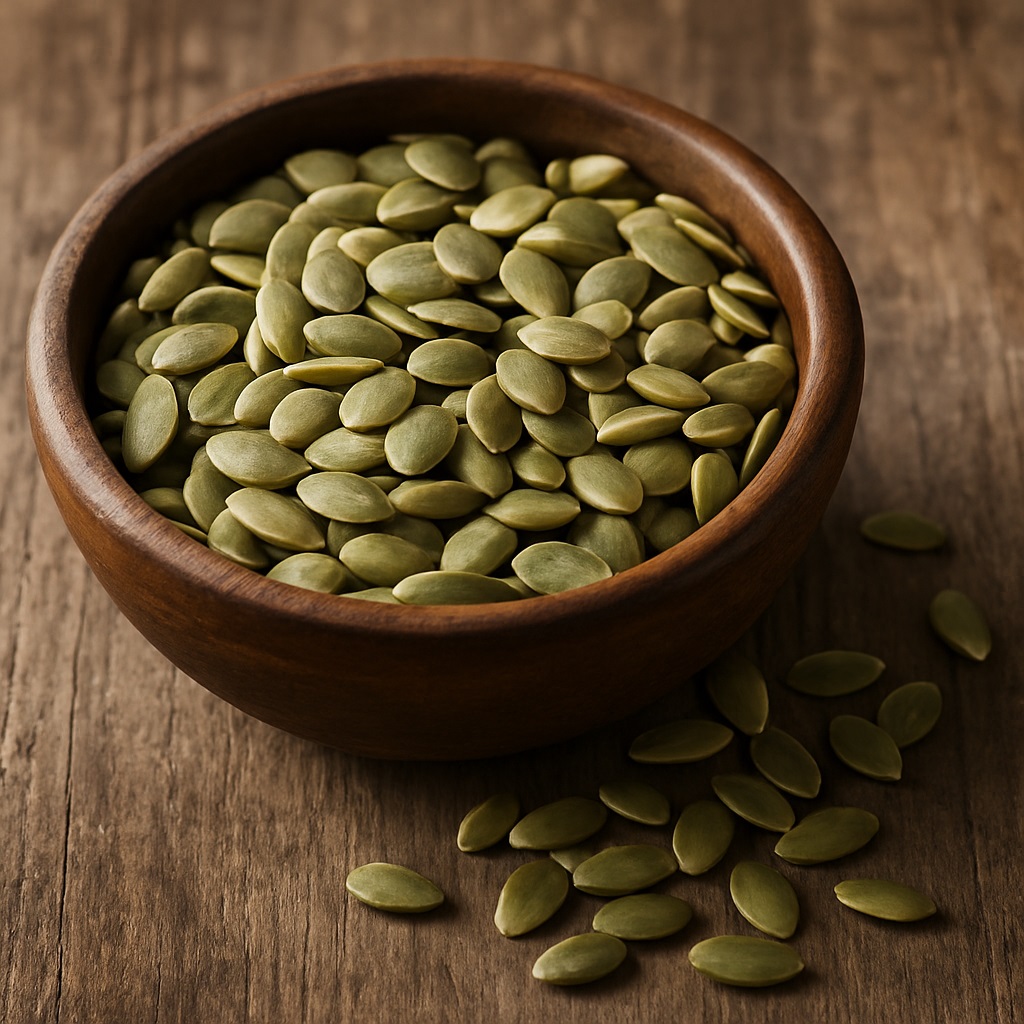
7. Pumpkin Seeds
Why they help: These small seeds are high in zinc, a mineral essential for immune cell function and wound healing.
How to add them: Sprinkle on yogurt, oatmeal, or salads. You can also enjoy them roasted as a snack.
8. Mushrooms
Why they’re beneficial: Mushrooms like shiitake and maitake have been shown to increase white blood cell activity and boost the body’s natural defenses.
How to cook: Sauté with herbs, add to stir-fries, or blend into soups and omelets.
9. Bell Peppers
Standout nutrient: Red, yellow, and green bell peppers are among the richest sources of vitamin C—even more than citrus fruits!
Ways to eat: Slice raw for snacks, stir-fry with your favorite protein, or stuff and bake for a nutritious meal.
10. Papaya
Key benefits: Papaya contains vitamin C, vitamin A, vitamin E, and the enzyme papain, which has anti-inflammatory effects and aids digestion.
Serving suggestions: Eat it fresh with a squeeze of lime, or blend into smoothies with banana and yogurt.
11. Carrots
Immune role: Carrots are another excellent source of beta-carotene. This antioxidant strengthens your immune system by protecting cells from damage and supporting mucus membranes.
Best ways to eat: Snack on raw carrot sticks, roast with herbs, or grate into salads.
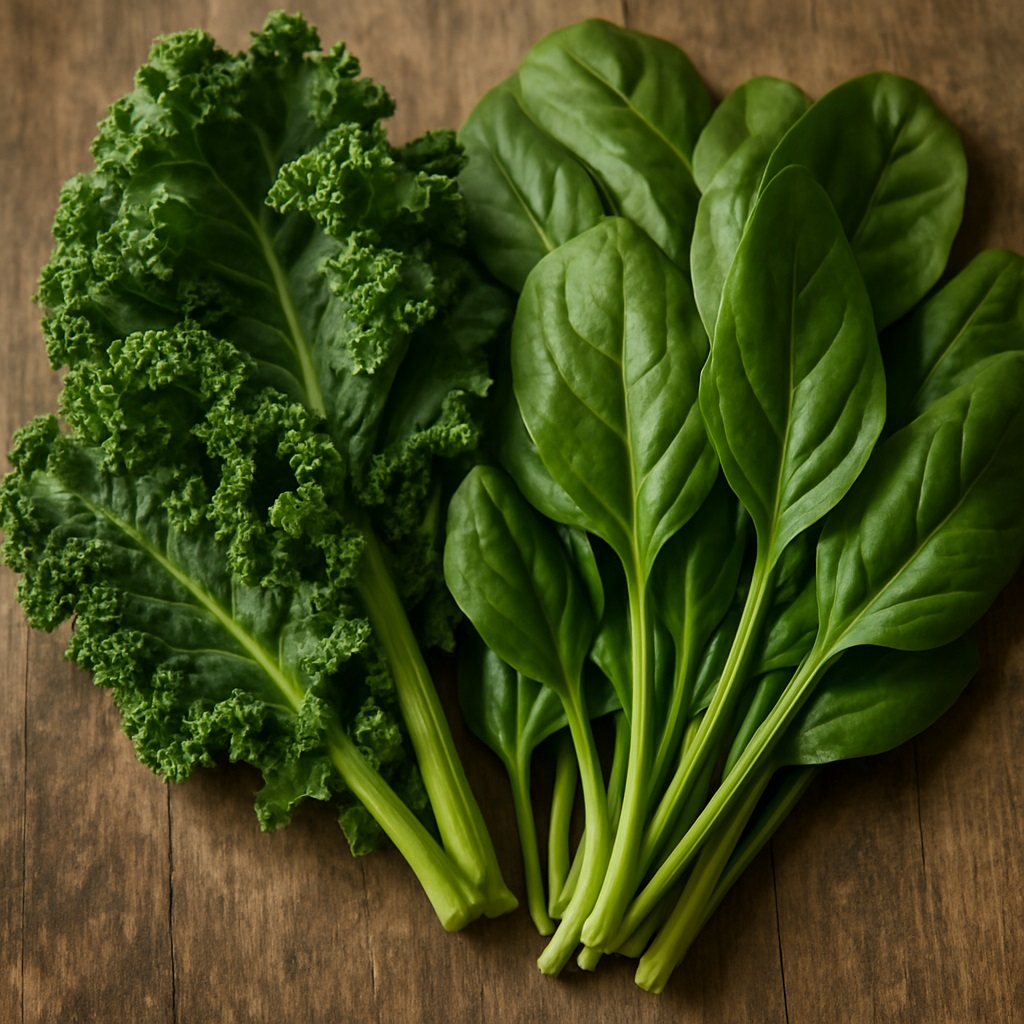
12. Dark Leafy Greens
Why they’re crucial: Spinach, kale, collard greens, and bok choy contain folate, fiber, vitamin C, and a host of antioxidants. These help your body repair damage and support healthy immune function.
How to eat more greens: Blend into smoothies, sauté with garlic, or mix into soups and stews.
13. Ginger
Healing power: Ginger is known for its anti-inflammatory, antioxidant, and antimicrobial effects. It’s a natural remedy for sore throats, nausea, and inflammation.
Delicious uses: Brew into tea, grate into marinades, or stir into miso soup or curries.
14. Other Citrus Fruits
Variety matters: Besides oranges and lemons, grapefruit, tangerines, and limes offer diverse sources of vitamin C and antioxidants to keep your immune system active.
Ideas: Add zest to dishes, drink freshly squeezed juice, or infuse water with citrus slices.
15. Lentils
Nutrient profile: Lentils are rich in plant-based protein, iron, and folate—nutrients that support cell repair and production of infection-fighting white blood cells.
Simple meals: Add to soups, stews, or curries. You can also use them in place of meat in tacos or veggie burgers.
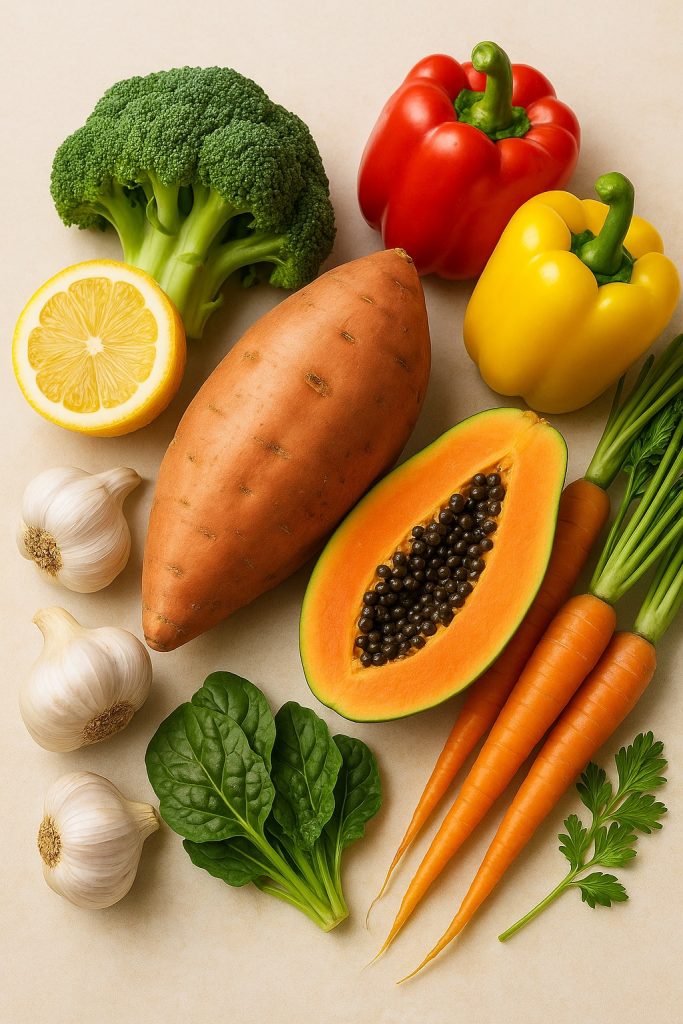
How to Maximize the Immune-Boosting Effects
To get the most benefit from these foods, follow these practical tips:
- Eat a rainbow of fruits and vegetables daily. The more colorful your meals, the more diverse your nutrient intake.
- Don’t overcook veggies. Light steaming or sautéing helps retain immune-boosting vitamins and minerals.
- Stay hydrated. Water supports every system in your body, including immunity.
- Get enough sleep and manage stress. No food can replace the power of rest and recovery.
- Exercise regularly. Moderate movement boosts circulation and supports immune cell activity.
Final Thoughts
Building a strong immune system doesn’t happen overnight, but your daily food choices can make a big difference. These 15 powerful foods provide the vitamins, minerals, and antioxidants your body needs to protect itself from illness and bounce back quickly when sick.
Whether you’re trying to stay healthy during flu season or simply want to feel your best year-round, start with your plate. A well-balanced, nutrient-rich diet is one of the most effective and natural ways to strengthen your immune system—and support your long-term well-being.
